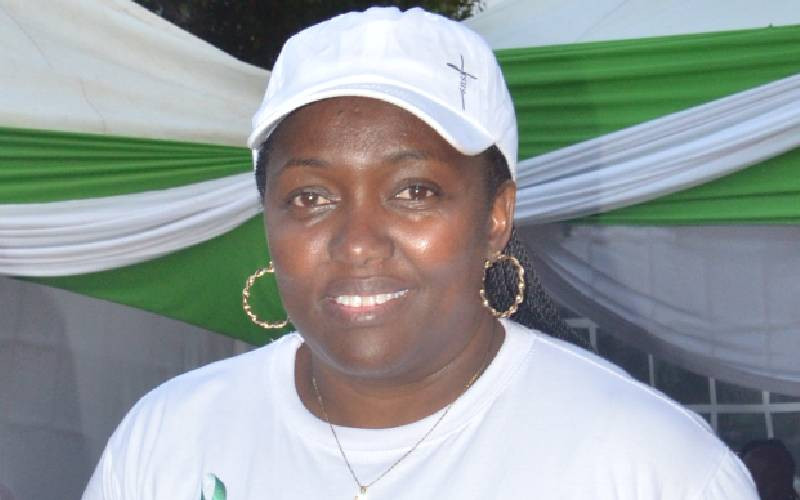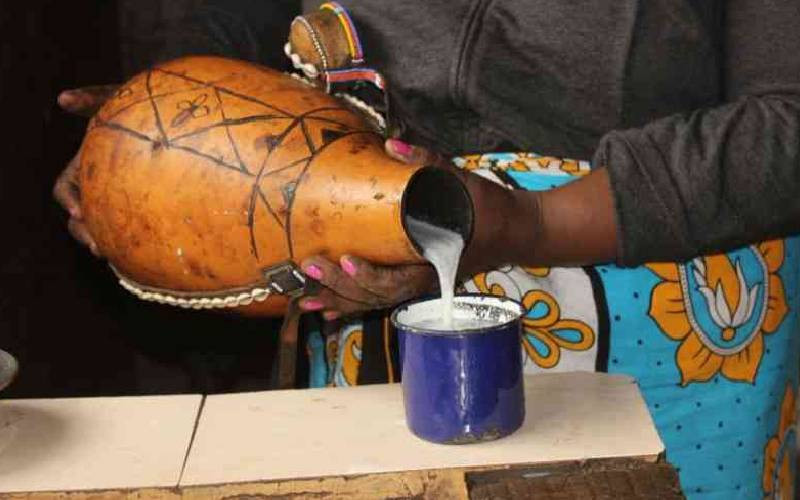
Since the nationwide cholera outbreak news broke late last year, the situation, according to medics, has further deteriorated with more cases being reported following the ongoing water shortage in Nairobi and its environs.
Dr Mwita Riro, a general physician at Kiambu level five hospital has said he treats about five cases in the hospital, and others in his private practice, a number the physicians says is relatively too high, given the high infectious rate of cholera.
"The numbers can blow up, especially due to the escalating water shortage across the nation," said Dr Mwita. "You will notice more water bowsers supplying city residents with water. Many people don't question the origin of this water, and use it without boiling or treating because it appears clear," he said.
"Cholera cases are expected to rise if the drought doesn't relent. People don't have access to quality water," he said.
He called for urgent action to control it, as the drought creates an ideal environment for the outbreak to spread.
Dr Mwita explained that cholera is caused by bacteria transmitted through contaminated food or drinking water. It causes acute diarrhoea, with children particularly at risk.
He added that luckily, cholera is easily identifiable, as it turns on all the taps in the digestive system, so that water and salts pour out of the gut, producing copious watery diarrhoea that looks like rice water.
This kind of diarrhoea, Dr Mwita said, makes it easy for the infection to spread, leaving a trail of victims so severely dehydrated that if they don't receive treatment, they wither away within hours.
Upon noticing these symptoms, Dr Mwita said the patient should visit a hospital, where they receive oral or intravenous hydration as the primary treatment for cholera. For severely ill patients, antibiotics are administered.
Although a cholera vaccination campaign has recently been launched in Garissa and Nairobi, the physician said it would be equally important, as is with any other disease, to focus on prevention.
"Washing hands often with soap, drinking boiled or treated water and cooking food well are simple yet effective ways to prevent a cholera infection," said the doctor.
"Use clean latrines and toilets or bury faeces," he added.
 The Standard Group Plc is a multi-media organization with investments in media
platforms spanning newspaper print
operations, television, radio broadcasting, digital and online services. The
Standard Group is recognized as a
leading multi-media house in Kenya with a key influence in matters of national
and international interest.
The Standard Group Plc is a multi-media organization with investments in media
platforms spanning newspaper print
operations, television, radio broadcasting, digital and online services. The
Standard Group is recognized as a
leading multi-media house in Kenya with a key influence in matters of national
and international interest.











